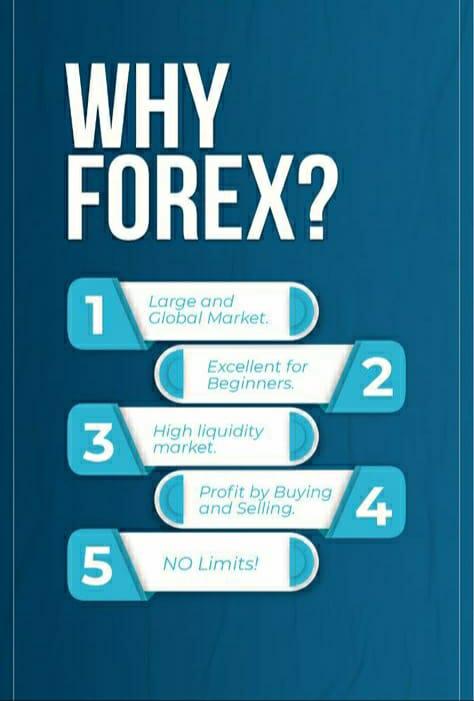Inquire
HOW DOES FOREX COMPARE TO OTHER MARKETS 💱?
Posted 2025-06-05 06:22:27
0
0

The foreign exchange market (forex, FX, or currency market) is a global decentralized or over-the-counter (OTC) market for the trading of currencies. This market determines foreign exchange rates for every currency. It includes all aspects of buying, selling and exchanging currencies at current or determined prices.
-
Currency Pairs:Forex trading involves trading currency pairs, where the value of one currency is expressed in relation to another, such as EUR/USD (Euro against US Dollar).
Exchange Rates:
The price of one currency relative to another is called the exchange rate. These rates fluctuate based on various factors, including supply and demand, economic indicators, and central bank policies.
Leverage:
Forex trading often involves leverage, allowing traders to control larger positions with a smaller amount of capital. This can amplify both profits and losses.
Trading Volume:
Forex is a high-volume market, with billions of dollars traded daily.
Over-the-Counter (OTC):
Forex trading is decentralized, meaning it doesn't take place on a single exchange but rather through a network of banks and brokers.
Liquidity:
The forex market is highly liquid, meaning it's easy to buy and sell currencies, making it a popular market for investors.
Risk:
Forex trading involves risk due to market volatility and leverage, but also offers the potential for high returns.
here the key differences of forex to other markets:
-
Decentralization:Forex is a decentralized market, meaning there's no single exchange where trades take place. Instead, transactions occur over-the-counter between banks and brokers.
-
Trading Hours:Forex is open 24 hours a day, five days a week, unlike stock markets which operate during specific hours.
-
Liquidity:Forex boasts the highest liquidity of any market, making it easy to enter and exit trades with minimal price impact.
-
Leverage:Forex brokers often offer substantial leverage, allowing traders to control large positions with relatively small amounts of capital.
-
Assets:Forex involves trading currency pairs, while stock markets involve buying and selling company shares.
-
Regulation:Forex trading is less heavily regulated than traditional stock markets, with fewer rules and no clearinghouses.CONCLUSION:In conclusion, the foreign exchange market is a dynamic and essential component of the global financial system. It serves as a platform for the exchange of currencies between countries, facilitating international trade and investment.
Cerca
Categorie
- Managerial Effectiveness!
- Future and Predictions
- Motivatinal / Inspiring
- Altre informazioni
- Entrepreneurship
- Mentoring & Guidance
- Marketing
- Networking
- HR & Recruiting
- Literature
- Shopping
- Career Management & Advancement
Leggi tutto
Top roles in Data Science and AI
The best data science teams combine a variety of skill requirements and job responsibilities...
Luo Xiaohei and the Rise of Chinese Animation
Luo Xiaohei, also known as Luo Xiaohei Zhan Ji (The Legend of Luo Xiaohei), is a Chinese animated...
Architectural Coatings Market Growth Outlook
Architectural Coatings Market Growth Outlook
The global Architectural Coatings Market...
Demystifying High-Performance Teams!
With almost every business activity now relying on teamwork, it is no wonder that the success of...
Electrical Steel Market Report: Demand, Trends, Outlook and Forecast by 2033
The Global Electrical Steel Market Report 2025 offers a thorough and data-driven...


 SkillClick
SkillClick